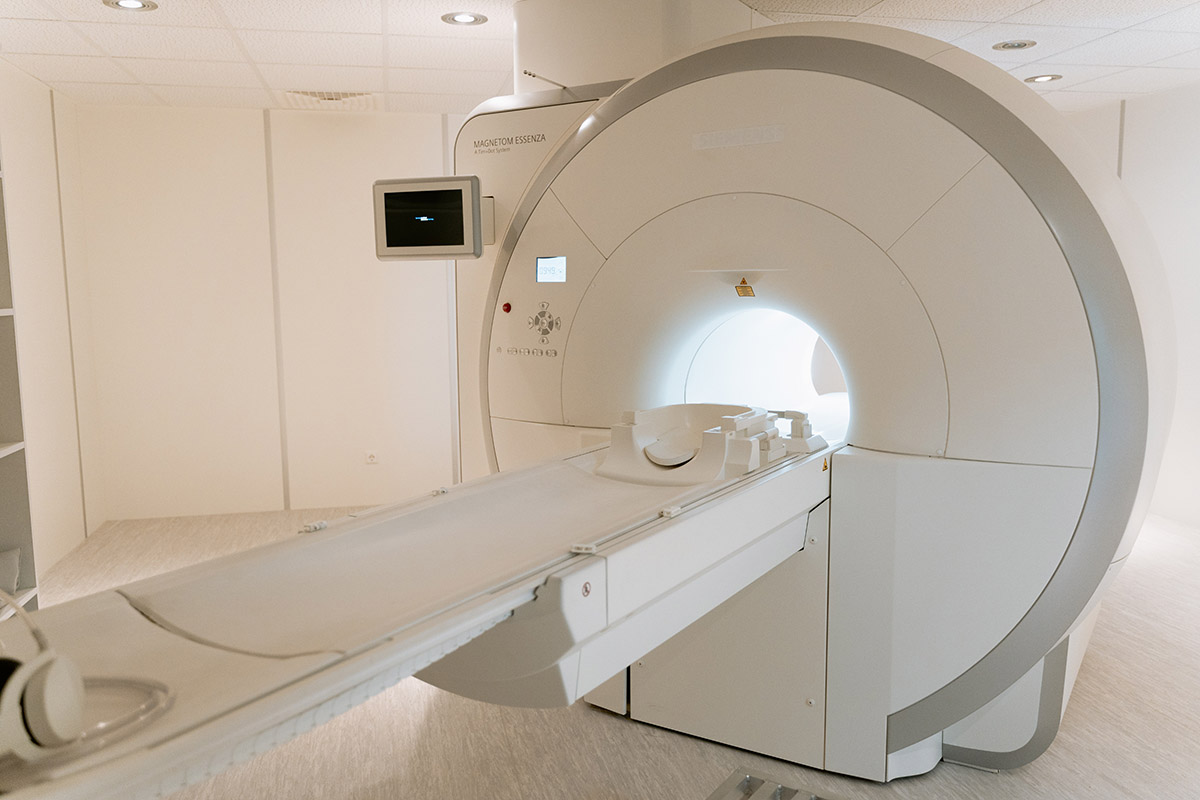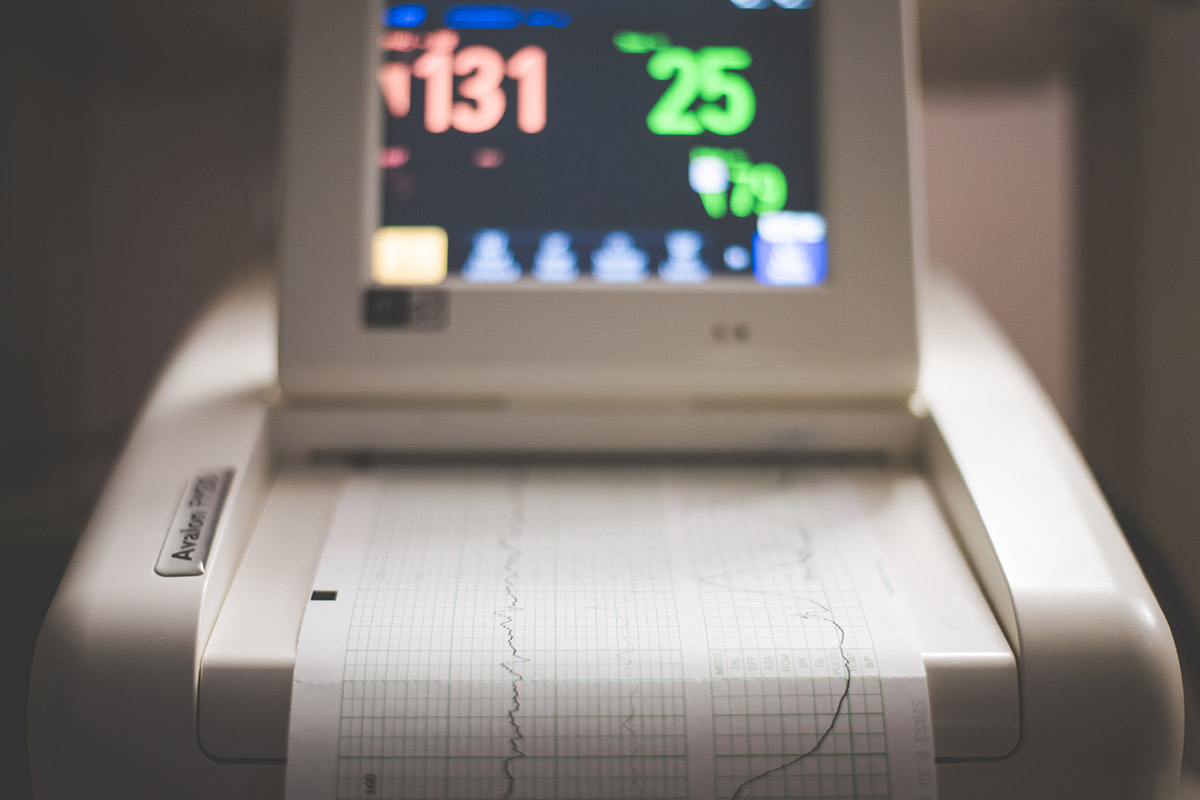Hospitals have always been at the forefront of innovation, constantly evolving to improve patient outcomes and experiences. From the introduction of anesthesia in the mid-19th century to the development of minimally invasive surgical techniques, hospitals have made significant strides in advancing medical care.
However, innovation in hospitals goes beyond just medical care. The equipment and tools used by healthcare professionals play a crucial role in delivering quality care and improving overall hospital operations. In this blog, we will explore the importance of equipping hospitals with the right tools and the benefits of innovation in healthcare.
The Benefits of Innovation in Healthcare
The benefits of innovation in healthcare are numerous, ranging from improved patient outcomes and experiences to increased efficiency in hospital operations. Perhaps one of the most significant benefits of innovation in healthcare is the ability to provide patients with more personalized care.
New technologies such as wearables and remote monitoring devices allow for continuous monitoring of patient vitals and symptoms, enabling healthcare professionals to make informed decisions in real time.
Healthcare innovation also can potentially reduce costs for both patients and hospitals. For instance, telemedicine can eliminate the need for in-person visits, saving patients time and money. Implementing electronic health records (EHRs) can also streamline hospital operations and reduce administrative costs.
The Impact of Technology on Hospitals
Technology has had a profound impact on healthcare, revolutionizing the way healthcare professionals deliver care. Advancements in medical technology have enabled healthcare professionals to diagnose, treat, and prevent diseases more effectively than ever before.
For example, new imaging technologies such as MRI and CT scans allow healthcare professionals to view internal organs and tissues with unprecedented clarity, aiding in accurate diagnosis. EEG (electroencephalography) is a diagnostic tool that measures electrical activity in the brain.
Using EEG gold cup electrodes helps collect these signals from the scalp and transmit them to a computer for analysis. This technology has been particularly useful in diagnosing and treating neurological disorders like epilepsy. With EEG electrodes, healthcare professionals can monitor brain activity and tailor treatment plans accordingly.
Electronic health records have also been a game-changer in healthcare. EHRs allow healthcare professionals to access a patient’s medical history, including lab results, medication history, and past procedures. This information can inform decisions about future care, leading to better patient outcomes.
Telemedicine is another area where technology has revolutionized healthcare. Telemedicine allows patients to consult with healthcare professionals remotely, eliminating the need for in-person visits. This technology has been beneficial during the COVID-19 pandemic, allowing patients to receive necessary care without leaving their homes.
Successful Implementations of Hospital Innovations
Several hospitals have successfully implemented innovative solutions to improve patient outcomes and experiences. One such hospital is the Mayo Clinic, which has implemented augmented reality technology in surgery.
Surgeons at the Mayo Clinic use AR headsets to view patient anatomy in real-time, allowing them to see vital structures that would be difficult to visualize otherwise. This technology has led to improved surgical outcomes and reduced operating times.
Another hospital that has successfully implemented innovation is the Cleveland Clinic. The hospital has implemented AI-powered electronic health records (EHRs), which have improved efficiency and reduced administrative costs.
The EHR system allows healthcare professionals to access patient information from anywhere, reducing the need for physical paperwork and enhancing communication between healthcare professionals.
Johns Hopkins is also leveraging technology to improve healthcare outcomes. The hospital has implemented virtual reality (VR) technology to train surgeons. Using VR technology, surgeons can practice complex procedures in a simulated environment, reducing the risk of errors during actual surgeries. This technology has led to improved surgical outcomes and reduced risk for patients.
Challenges to Implementing Innovation in Hospitals
While there are many benefits to implementing innovation in hospitals, there are also significant challenges to overcome. One of the most important challenges is the cost of implementing new technology. Hospitals must be able to justify the cost of new equipment and tools, which can be difficult in an industry where budgets are often tight.
Another challenge to implementing innovation in hospitals is resistance from healthcare professionals. Many healthcare professionals are comfortable with traditional care methods and may be hesitant to adopt new technologies. This resistance can hinder the implementation of new innovations in healthcare.
Data privacy concerns are also a challenge to implementing innovation in hospitals. Electronic health records and telemedicine systems contain sensitive patient information, requiring strict data privacy protocols to be in place. Hospitals must ensure that patient data is protected from unauthorized access or breaches.
Innovation is crucial to the continued evolution of healthcare. Equipping hospitals with the right tools and technology can improve patient outcomes, increase efficiency, and reduce costs.
Hospitals that embrace innovation can remain competitive and provide patients with the highest quality care. It is up to hospital administrators and healthcare professionals to work together to overcome the challenges of implementing innovation in healthcare and prioritize equipping hospitals with the right tools.




















